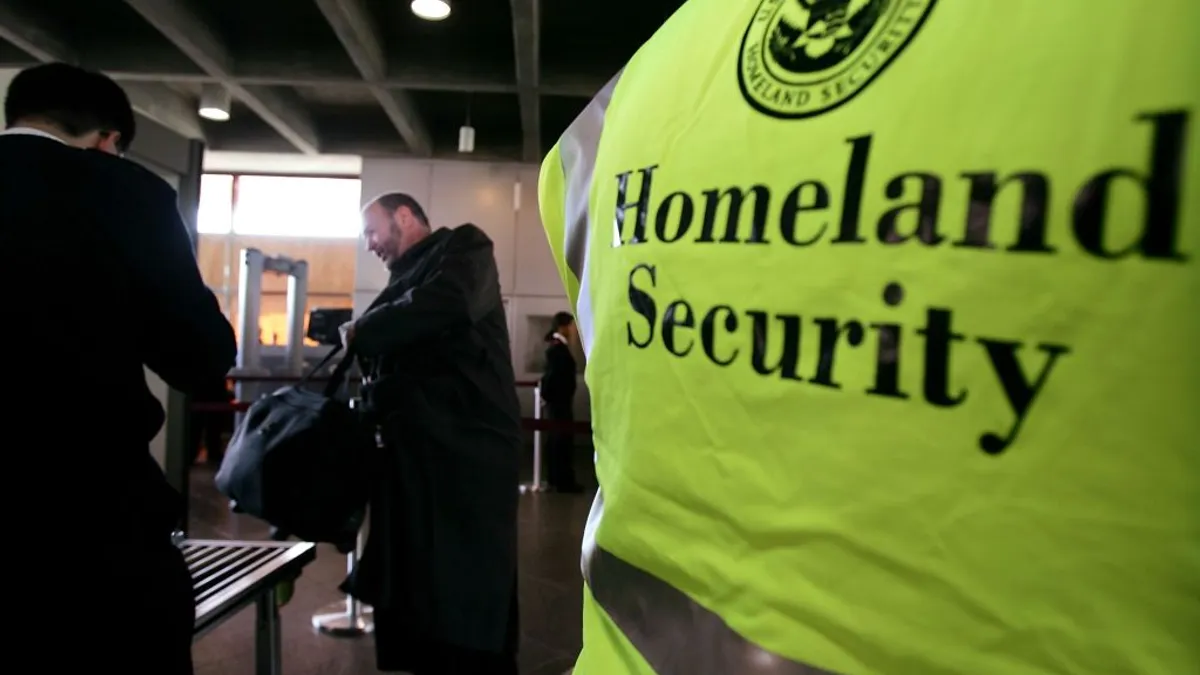Dive Brief:
- The U.S. Department of Homeland Security published Wednesday a final rule withdrawing a Trump administration regulation that aimed to modify the process by which the U.S. Citizenship and Immigration Services selects cap-subject H-1B petitions for registration.
- The withdrawn regulation, published days before the inauguration of President Joe Biden, would have instituted a "wage level ranking" system for selecting cap-subject petitions, effectively prioritizing workers who received the highest wage offers from employers.
- DHS delayed the regulation's effective date in February as it faced legal action from several stakeholders. In September, the U.S. District Court for the Northern District of California granted summary judgment in favor of the plaintiffs and vacated the regulations. In this week's final rule, DHS said it intended to comply with the court's decision.
Dive Insight:
The agency's move marks the end of a rule change that proved controversial with members of the employer community at the time of its announcement.
Though observers including the Economic Policy Institute have identified concerns about the H-1B program's prevailing wage levels, which the organization said in a 2020 report allow U.S. employers to pay migrant workers at below market wages, others criticized the now-rescinded reg for being an ineffective way of addressing that issue.
In its ruling to vacate the regulation, the district court noted that a key reason for its decision involved the status of former Acting Secretary of Homeland Security Chad Wolf. Wolf held the agency's administrator position at the time that the final rule was approved, but the court held that he was not lawfully appointed as Acting Secretary at that time.
For the foreseeable future, the H-1B program may see ongoing logistical challenges brought on by the COVID-19 pandemic and its impacts. Sources who recently spoke to HR Dive detailed the situation employers dependent on H-1B visas now face, including closed consulates abroad, increased dependence on remote work and current and potential future travel restrictions due to the omicron variant's emergence.












